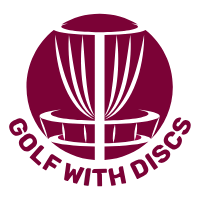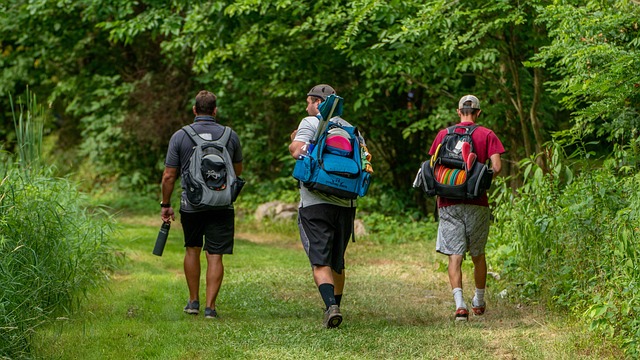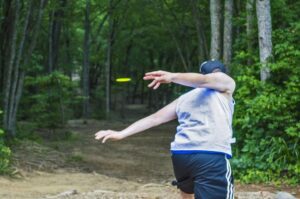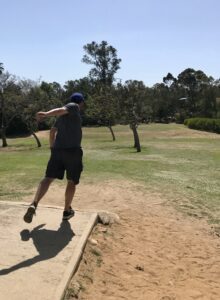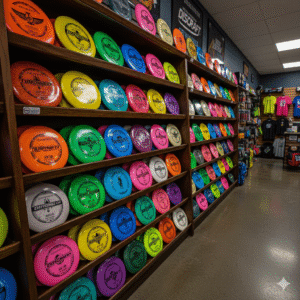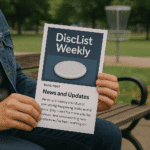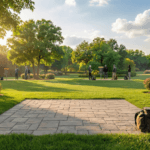We live in a world where social interaction is increasingly packaged behind apps, subscriptions, or half-hearted “team bonding” events involving lukewarm pizza. It’s no wonder so many people feel isolated, even when surrounded by others.
Connection doesn’t need to be curated. Sometimes, all it takes is a walk in the park and a flying disc. The social benefits of disc golf aren’t talked about enough, yet they’re arguably the sport’s strongest feature. Beyond the clatter of chains and the odd tree hit, disc golf creates genuine friendships, unspoken camaraderie, and a strangely addictive reason to keep showing up.
Why People Are Starved for Something This Simple
The quiet crisis modern sports forgot to solve
We’ve engineered our lives for efficiency and somehow removed all the fun. Gyms are transactional, running is solitary, and traditional golf often feels like networking in fancy trousers.
Disc golf, though? It’s refreshingly pointless in the best way possible. No dress code. No expensive membership. Just people, plastic, and occasionally a Labrador that steals your putter. It fills a gap you didn’t know existed—a community sport that doesn’t feel like one of those beige team-building exercises HR signs off on.
Why Disc Golf Feels More Like a Pub Than a Pitch
The psychology of joining in without needing an invitation
Ever noticed how nobody wants to be the first on the dance floor? Same goes for trying a new sport. But when you see a dozen folks laughing, trading discs, and arguing about wind angles, something inside you wants to join.
That’s not a coincidence. We’re wired to gravitate toward things others visibly enjoy. In disc golf, that social energy is contagious. You’ll spot it in casual leagues, Instagram stories from your mate’s Sunday rounds, or Reddit threads titled “How did I make five new friends by losing three discs?”
Even better? Asking for help—what disc to throw, how to shape a shot—turns strangers into teammates. It’s practically engineered to make introverts sociable.
Why This Sport Grows One Round at a Time
Your mates are the real marketing department
The sport’s growth isn’t driven by high-budget campaigns or celebrity endorsements. It grows because someone brought a friend who brought another. You’re not just a player, you’re part of the infrastructure. You build the scene by showing up.
Start a casual league. Share your course map. Bring snacks. Suggest post-round chips at the pub. The disc golf community isn’t a club you join—it’s something you accidentally build by playing.
And the best part? No one cares if you’re good. Just that you turned up.
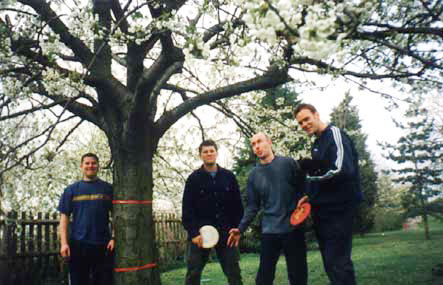
How Throwing Discs Helps You Stay Sane
It’s group therapy without the awkward chairs
There’s something deeply therapeutic about hurling plastic at a target in the woods. Add a few mates, some light ribbing, and the occasional accidental birdie, and suddenly your week looks a lot brighter.
Social sports like disc golf reduce stress chemicals, boost mood, and give people a reason to get outside. Especially for retirees, remote workers, or anyone going through a tough patch, those regular rounds become an anchor.
It’s exercise that feels like fun. Support that doesn’t feel like a support group. And it’s free. Which, let’s be honest, beats yoga with goats or trying to bond over office trivia night.
How to Actually Start Playing With Other Humans
Less networking, more netting chains
Want the social benefits of disc golf without standing around hoping someone invites you? Here’s how to get going:
- Join a weekly league—even if it’s just three of you and a dog
- Use UDisc to find local courses and casual events
- Ask at your nearest shop or club—disc golfers are annoyingly friendly
- Don’t wait for the invite. Be the invite.
Bring a spare disc and a decent attitude. You’ll rarely leave a course without someone saying, “Same time next week?”
It’s Not a Sport. It’s a Way In.
Why disc golf follows you off the course
This isn’t about scorecards. It’s about having people to call on a Wednesday afternoon when life feels a bit too much. Players often end up carpooling to tournaments, starting small businesses together, or sharing life advice between holes 7 and 8.
You meet people you wouldn’t bump into in your normal routine. Age, background, status—it all disappears when you’re both knee-deep in a bush trying to find your driver.
Disc golf doesn’t replace your social life. It sneakily upgrades it.
Conclusion
The social benefits of disc golf are subtle but profound. You arrive for a round and leave with stories, support, and maybe a new mate or two. It’s one of the rare sports that doesn’t care if you’re talented, only that you showed up.
So grab a disc. Invite someone who’s never played. And don’t be surprised if the round ends up being the highlight of their week.
Disc golf. Where you lose plastic but gain people.
Common Questions About the Social Benefits of Disc Golf
Disc golf builds friendships, encourages community interaction, and provides a relaxed setting for social engagement, unlike most competitive sports.
Yes. The mix of light exercise, time outdoors, and casual social contact makes disc golf a natural stress reducer.
3. How can I join a disc golf community near me?
Check apps like UDisc, search Facebook groups, or visit your local course and ask regulars. Most communities are welcoming to newcomers.
Absolutely. Casual play and local leagues are prime spots for forming friendships without the awkward small talk of traditional networking.
It can. Disc golf offers a consistent, pressure-free environment where connection happens naturally over time.
